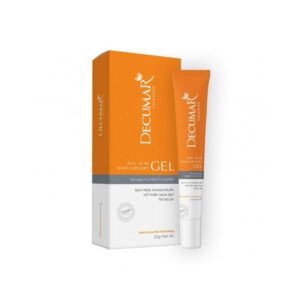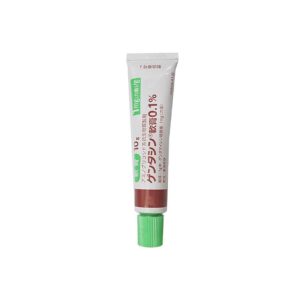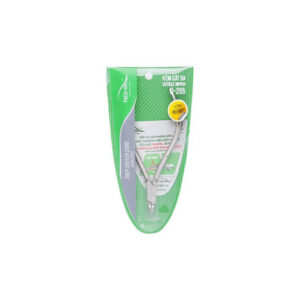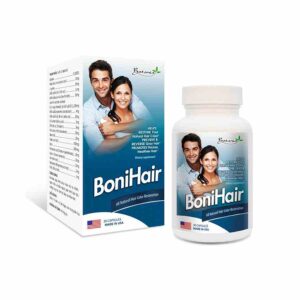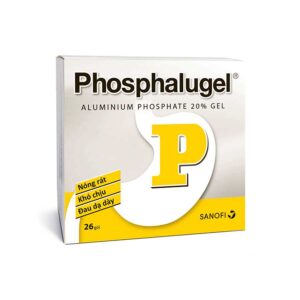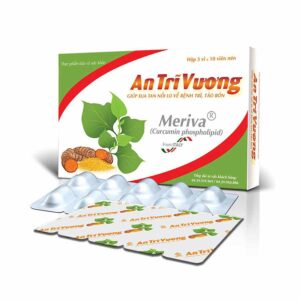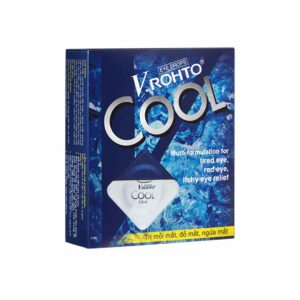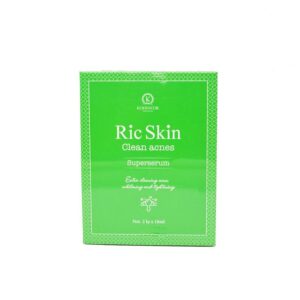Tretinoin is a strongly active dermatological drug, used to treat a number of skin problems such as acne, wrinkled skin, sun damaged skin, … In order to achieve therapeutic effect and reduce the risk of side effects, patients need to strictly follow the instructions of their doctor.
1. What is Tretinoin?
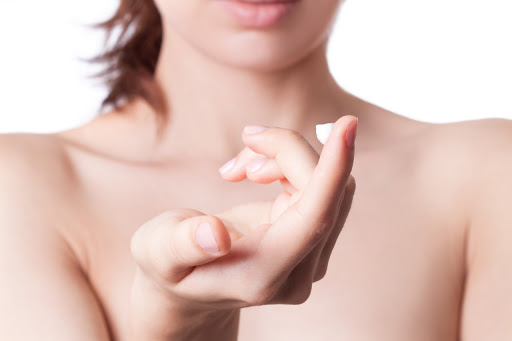
Tretinoin is a cosmetic drug, used to treat acne skin, skin damaged by the sun or skin with small wrinkles. Tretinoin is usually prepared in the form of tretinoin cream or tretinoin skin gel.
Accelerating the life cycle of the skin, making cells divide faster. Healthy new cells are born, replacing old skin cells. Tretinoin is a component of many cosmetic brands such as: Acnetin A, Avita, Refissa, Rejuva, Renova, Retin-A, Stieva, Tretin-X, …
2. How is Tretinoin different from Retinol?
Retinoid is a group of compounds derived from vitamin A. Tretinoin and Retinol both belong to the Retinoid group and are in pronunciation for the treatment of the same skin conditions. The mechanism of effect of these two products is similar, which is to promote rapid exfoliation of skin cells, stimulate collagen and elastin production, bringing smoother skin. However, Tretinoin differs from Retinol some points that are:
- Retinol is a natural form of Vitamin A, which acts mildly and less irritate sensitive skin. Retinol is many in skin care products, you can buy Retinol products in pharmacies without a doctor’s prescription.
- Tretinoin is a synthetic form of Vitamin A, which is several times more active than Retinol. Irritates the skin, especially with sensitive skin. Tretinoin should be prescribed by a dermatologist. If you have used Retinol but your skin problems have not improved, ask your doctor if you should treat it with Tretinoin.
3. What effect does Tretinoin have?
Tretinoin is in the treatment of skin problems such as:
- Tretinoin acne treatment: use Tretinoin to treat mild to medium-degree acne that has been applied for nearly 50 years now. In acne products, Tretinoin is often combined with antibacterial ingredients and is highly effective on both inflammatory acne and non-inflammatory acne. When used regularly, Tretinoin not only helps cleanse existing acne, but can also reduce the number and severity of acne outbreaks.
- Many other studies of Tretinoin can reduce the appearance of wrinkles, improve the health of the skin damaged by the sun, reduce the appearance of blackspots, improve texture and lift the skin tone.
4. Caution when using Tretinoin
To ensure safety when treating with Tretinoin gel (or Tretinoin cream), you need to inform your doctor about the condition of the skin and some other important information including:
- Pregnancy status: there is not enough research to prove tretinoin is safe for pregnancy, if you are pregnant or plan to become pregnant, talk to your doctor for analysis of the benefits and risks of using Tretinoin.
- In the lactation period: the current data do not clearly state whether Tretinoin can pass through breast Therefor it is necessary to limit the use of the drug during lactation.
- Sun exposure: tell your doctor if your job is exposed to the sun.
- Medications in use: inform your doctor about all the medications you are taking, the topical creams you are using. The doctor will check if these drugs have an unfavorable interaction with Tretinoin.
If your doctor prescribes Tretinoin, ask your doctor carefully about your use, duration of use, and signs that you should stop taking the medication.
5. How to Use Tretinoin on the Skin
Remove makeup and wash your face gently, do not wash and rub the skin too hard because it can cause irritation. Once washed and dry your face, wait 20-30 minutes before applying Tretinoin.
The steps to apply Tretinoin gel are as follows (in the form of a cream do the same):
- Apply Tretinoin gel once a day, best before bedtime.
- Take a sufficient amount of gel, gently apply to the skin that needs to act.
- The drug Tretinoin will penetrate quickly into the skin. If the drug does not penetrate, use a smaller amount next time. Using a larger amount of Tretinoin or more frequent use will not make the drug more effective. On the contrary, the drug will cause more skin irritation.
- Tretinoin is only used on the spot where the skin is damaged, be careful not to stick the drug to the eyes, nose, mouth.
- During treatment with Tretinoin, avoid exposure to sunlight and strong lighting; wind and cold temperatures; soaps and hair care products with strong activity; cosmetics tend to dry the skin, …
Tretinoin will begin to come into play within 2-3 weeks. But it is more than 6 weeks for the drug to come into full effect. Tell your doctor if you have been using the drug for 12 weeks but your skin has not improved or improved significantly.
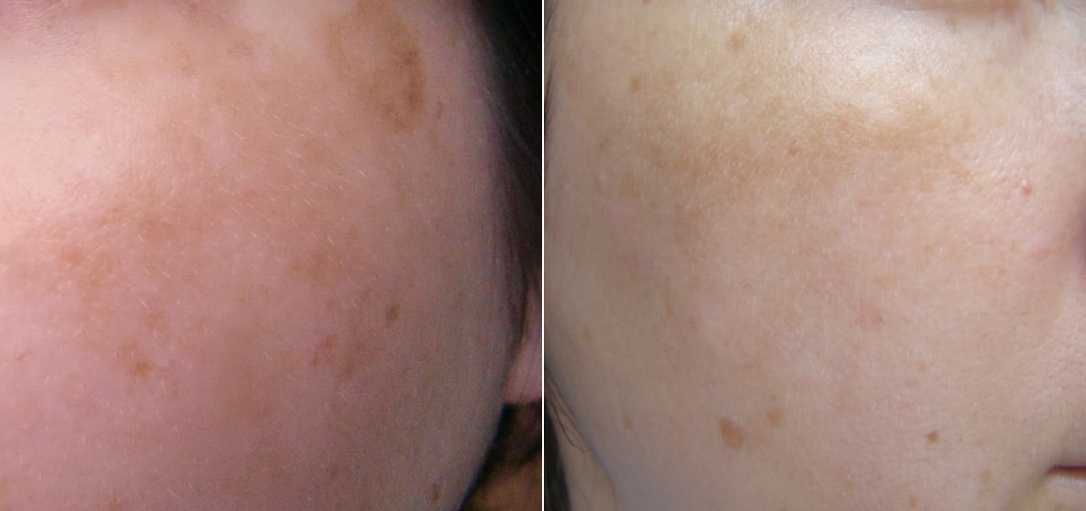
6. Tretinoin Side Effects
Tretinoin can irritate the skin when you first start using it. In the first few weeks, it is normal for the skin to redness, dryness, peeling, mild to medium itching. These irritation symptoms will gradually decrease as your skin adapts to the drug. Stop using Tretinoin and tell your doctor if skin irritation does not improve for several weeks. The skin has increasingly severe signs such as swelling, excessive redness, blisters, scabs, changes in skin pigmentation, … also need to notify the doctors.
The drug Tretinoin is the drug in which acne is in pronunciation. In case of ineffective use of the drug, the patient should stop and go to the medical facilities for examination and treatment.




